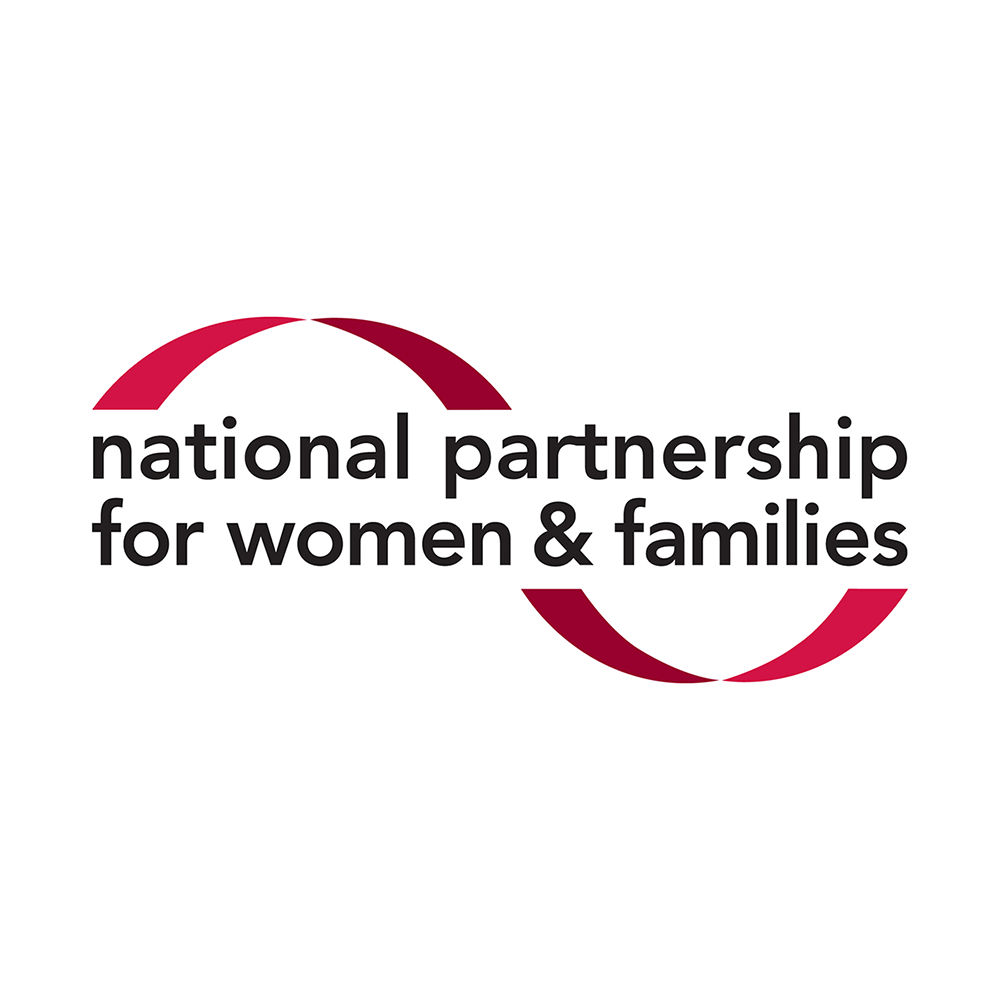 If you haven’t seen the latest episodes of Desperate Housewives, you have missed more than just the usual melodrama swirling around the residents of Wisteria Lane. A new storyline may be all-too-familiar to many viewers — a woman facing pregnancy discrimination on the job.
If you haven’t seen the latest episodes of Desperate Housewives, you have missed more than just the usual melodrama swirling around the residents of Wisteria Lane. A new storyline may be all-too-familiar to many viewers — a woman facing pregnancy discrimination on the job.
Lynnette, a working wife, mother of four, and “desperate housewife” chose not to reveal her pregnancy to Carlos, her boss and longtime friend and neighbor. When Lynnette received a promotion over a coworker who was pregnant, it became clear to her that she would be discriminated against as well if Carlos found out about her pregnancy.
Her fears were confirmed in a recent episode. Once Carlos discovered that Lynnette was pregnant, she was quickly fired. Although Carlos claimed that she was fired because she refused to take a promotion and relocate, it was clear to her — and to the audience — that the real reason was her pregnancy. Can this happen in real life, or is it just another outlandish plot?
Statistics show that the Desperate Housewives pregnancy discrimination storyline is neither exaggerated nor rare. In 2008, pregnancy discrimination charges rose to their highest level in the history of the Equal Employment Opportunity Commission (EEOC), which saw an almost 13 percent increase in claims over the previous year. And the most recent increase is part of a trend; since 1992, pregnancy discrimination charges to the EEOC and its companion agencies have skyrocketed by 86 percent. Read about the increase here.
Some cases rival the drama on Wisteria Lane. In 2004, the Department of Justice joined a lawsuit against the Washington D.C. Fire and Emergency Medical Services Department, claiming that women in training for the program were required to take pregnancy tests and told that they could lose their jobs if they became pregnant. As a result, two women said they chose to terminate their pregnancies for fear of losing their jobs. The complaint the U.S. Department of Justice filed against the employer is here. The case was eventually settled and the women received $100,000 each.
In 2007, the EEOC settled a case of pregnancy discrimination for $350,000 against Mothers Ware Inc., which sells maternity clothes. According to the EEOC, the store refused to hire pregnant women and discriminated against a supervisor who complained about the policy. Read the EEOC’s press release about the case here.
In August, the EEOC brought a pregnancy discrimination suit against a New Jersey trucking company, Decker Transport. According to the EEOC, when one of the women working at Decker informed her boss she was pregnant, she was immediately put on leave and told she should not come back until she got “rid of the problem.” When she refused, she was fired.
Those are women who spoke up and complained. Many more may be afraid to do so, or may not even know that discrimination against pregnant women is illegal.Find out more about your rights here.
Given the economic crisis, it is especially important that women have secure employment. For those outside of Wisteria Lane, pregnancy discrimination truly can create a desperate situation. Not only does it cause emotional suffering, but it also threatens the economic security of working families who rely on women’s income.
Learn more about the Pregnancy Discrimination Act and what protections it provides.


